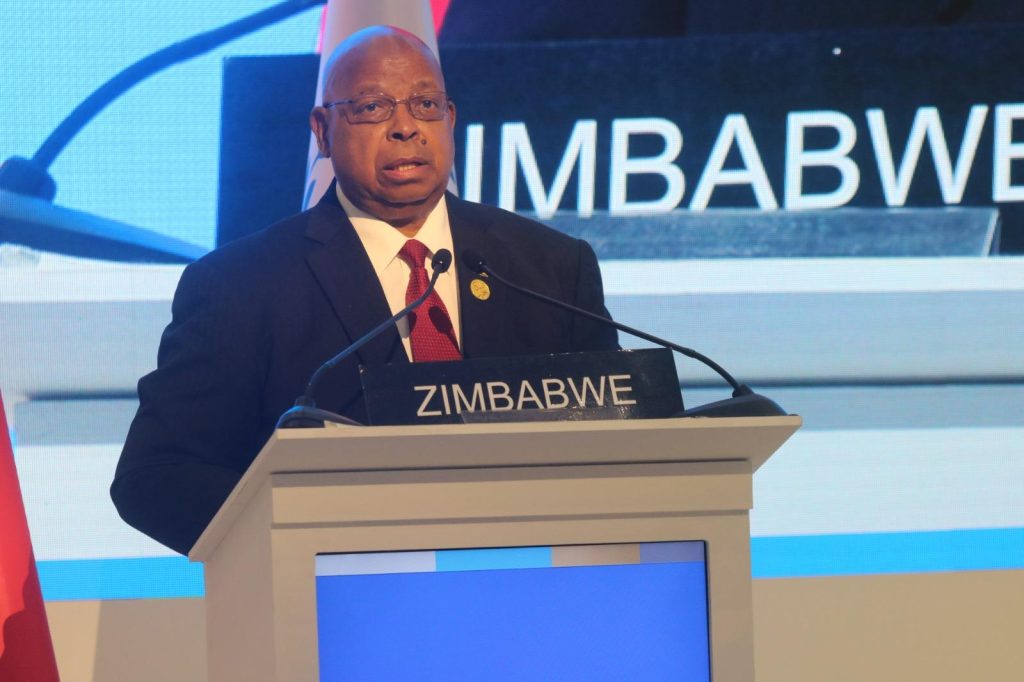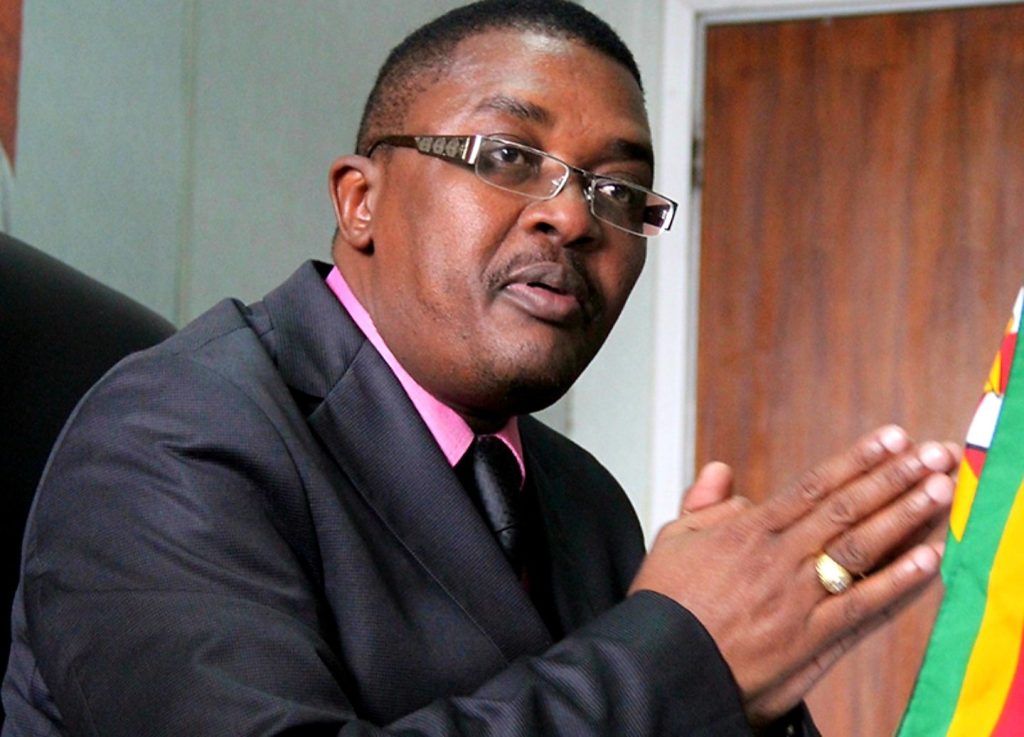By Victor Fanuel
Harare – A damning report submitted to the Public Accounts Committee (PAC) has exposed widespread corruption and financial mismanagement within the Ministry of Finance, Economic Development, and Investment Promotion.
The report, covering the financial year ended December 31, 2022, reveals a staggering array of discrepancies, unauthorized expenditures, and unexplained transactions.
The investigation uncovered a significant unreconciled variance of ZWL$454,583,807 in the ministry’s Sub-Exchequer Account reconciliation, unauthorized excess expenditure of ZWL$532,937,193,470 disbursed to line ministries without parliamentary approval, and a discrepancy in Unallocated Reserve (UR) transfers totaling ZWL$111,372,287,936.
Additionally, the ministry on December 16,2022 went into an agreement on December 16, 2022 with Tsapo Commercial (Pvt) Ltd for the company to supply seven (7) Toyota Hilux GD6 2.8 Double cab motor vehicles.
The ministry paid US$425 866 to the contractor on December 30, 2022.
However, the seven vehicles had not been delivered at the time of concluding the audit in September 2023, and to date the vehicles have not been delivered.
Resulting in the ministry of finance failing to deliver motor vehicles worth US$425,866 and not submitting financial statements for audit, including the Consolidated Revenue Fund and Public Debt Statements.
In the leaked report submitted to PAC the ministry of finance said it had “made an undertaking with Tsapo’s executive, to make a commitment of when delivery of the outstanding vehicles will be done.
In addition, a follow up letter of deliberations for debarment has been sent to the Procurement Regulation Authority of Zimbabwe.
The ministry of finance further responded it would ensure it would “lobby for temporary blacklisting of such suppliers until they have fulfilled their delivery obligations.”
This response which exposes the ministry of finance not having an obligation to pursue legal recourse over the matter raises questions of possible collusion.
Key findings of the leaked memo also reveal a disturbing picture of financial mismanagement.
A significant unreconciled variance of ZWL$454,583,807 in the ministry’s Sub-Exchequer Account reconciliation which also raises serious questions about the accuracy of revenue collections.
Furthermore, unauthorized excess expenditure of ZWL$532,937,193,470 disbursed to line ministries without parliamentary approval is a blatant disregard for the Constitution of Zimbabwe Amendment (No. 20) Act, 2013.
This discrepancy in Unallocated Reserve (UR) transfers totaling ZWL$111,372,287,936 also raises concerns about the ministry’s financial controls.
The failure to deliver motor vehicles worth US$425,866 and the non-submission of financial statements for audit, including the Consolidated Revenue Fund and Public Debt Statements, further exacerbate the situation.
This scandal is not an isolated incident, as Zimbabwe has been plagued by corruption scandals in recent years.
A report by Transparency International Zimbabwe (TIZ) estimated that the country loses up to US$2 billion annually due to financial leakages, primarily driven by corruption and bribery of customs officials at borders.
The government has faced criticism for its handling of public funds, with some officials accused of cronyism and corrupt dealings.
As the investigation continues, it is clear that the corruption scandal rocking the ministry of finance has far-reaching implications for the country’s economy and its citizens.




